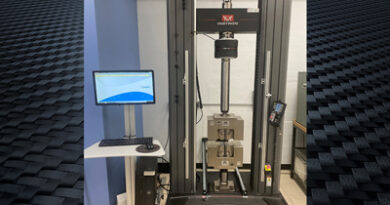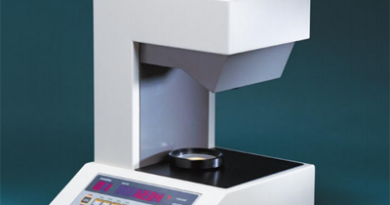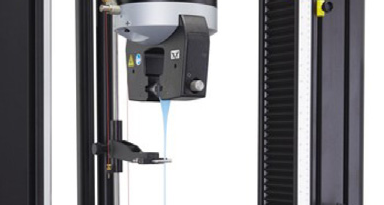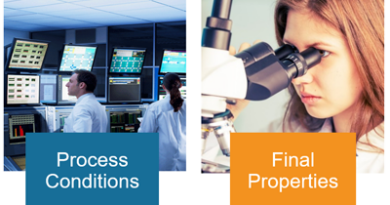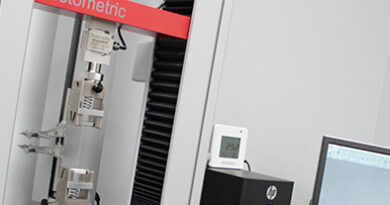Smithers adds high load universal testing machine to Akron testing laboratory
Smithers announces the addition of an Instron 5985 universal testing system to its materials physical testing laboratory in Akron, OH.
The machine offers expanded testing capabilities and parameters for tensile, compression, bend, peel, shear, tear and cyclic tests. Its high-force load frame has a load capacity up to 250 kN and vertical test space of 1,430 millimeters (56.3 inches).

